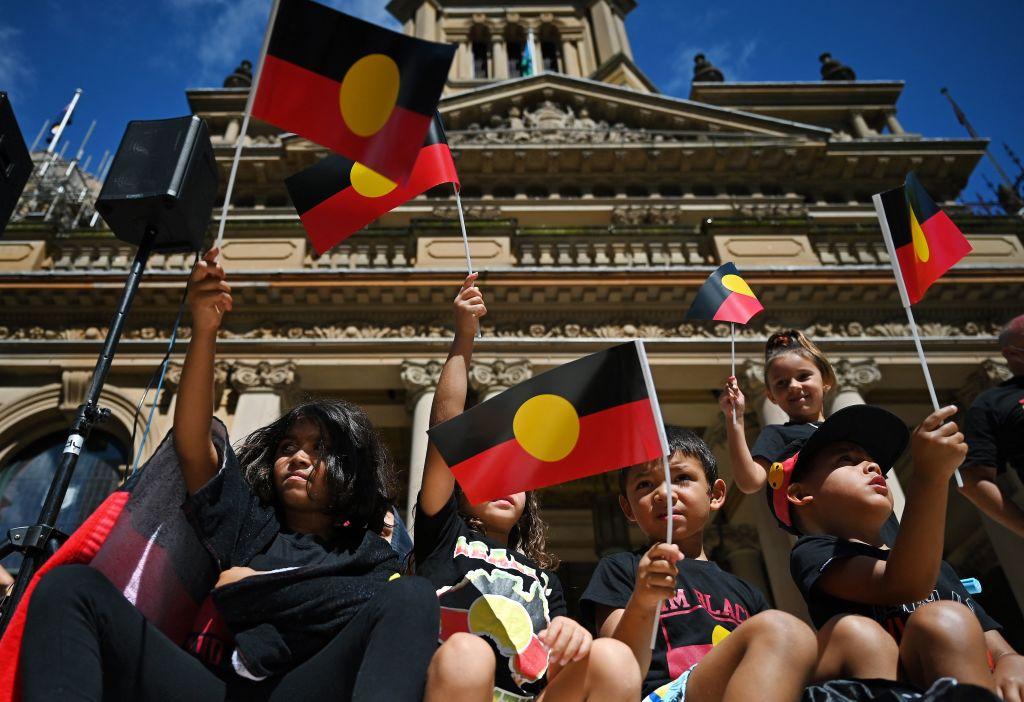Commentary
Through the Uluru Statement from the Heart, Indigenous Australian communities forged the first ever national consensus on how they want to be constitutionally recognised—they asked for a constitutionally guaranteed Voice in their affairs.

Through the Uluru Statement from the Heart, Indigenous Australian communities forged the first ever national consensus on how they want to be constitutionally recognised—they asked for a constitutionally guaranteed Voice in their affairs.